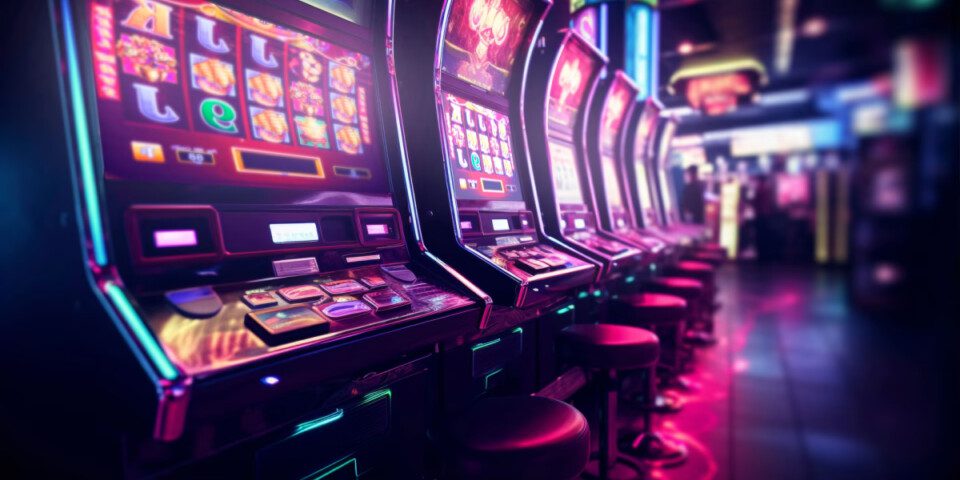Roulette, a staple of the casino experience, has captivated gamblers with its blend of chance and strategy since its origins in 18th-century France. Known for its spinning wheel and diverse betting options, roulette offers both excitement and complexity. This article delves into the history, mechanics, and variations of roulette, as well as strategies for players.
Historical Overview
Roulette, which translates to “little wheel” in French, originated in the early 18th century. It evolved from various European gambling games, but it was in Paris that the game took its modern form. The classic roulette wheel features 37 or 38 pockets, depending on the version: the French wheel with a single zero and the American wheel with both a single zero and a double zero.
The American version, introduced in the 19th century, includes the extra double zero pocket, which increases the house edge from 2.63% in European roulette to 5.26%. Despite this, the American variant remains popular for its unique gameplay and added complexity.
Gameplay Mechanics
Roulette is fundamentally a game of chance, where players place bets on the outcome of a spinning wheel. The wheel contains numbered pockets, each associated with a specific color (red or black) and value. The ball is spun around the wheel, eventually settling in one of these pockets, determining the winning number.
Betting Options:
- Inside Bets: These bets are placed directly on the numbers or small groups of numbers on the layout. Types of inside bets include straight-up bets (single number), split bets (two adjacent numbers), street bets (three numbers in a row), and corner bets (four numbers forming a square).
- Outside Bets: These bets cover broader categories such as colors (red or black), odd or even numbers, and high or low ranges. Outside bets offer higher chances of winning but with lower payouts compared to inside bets.
Variations of Roulette
Several versions of roulette cater to different player preferences and strategies:
- European Roulette: Featuring a single zero, this version has a lower house edge (2.63%) compared to its American counterpart. It is often preferred for its better odds and straightforward gameplay.
- American Roulette: Known for its additional double zero pocket, this variation increases the house edge to 5.26%. The presence of the double zero adds to the game’s complexity and risk.
- French Roulette: Similar to European roulette but with additional rules like La Partage and En Prison. La Partage refunds half of even-money bets if the ball lands on zero, while En Prison allows the bet to be carried over to the next spin, reducing the house edge further.
- Mini Roulette: A simplified version with only 13 pockets, including a single zero. This variant alters the odds and payouts due to the reduced number of pockets.
Strategic Approaches
While roulette is primarily a game of chance, various betting systems are used to manage wagers and potentially improve outcomes:
- Martingale System: This approach involves doubling bets after each loss to recover previous losses. Although it can be effective in the short term, it requires a substantial bankroll and carries significant risk during prolonged losing streaks.
- Fibonacci System: Based on the Fibonacci sequence, this system involves betting amounts that follow a numerical pattern. It aims to recover losses gradually, offering a more controlled betting approach compared to the Martingale system.
- D’Alembert System: This strategy involves increasing or decreasing bets by a fixed amount after each loss or win. It is considered a less aggressive method than Martingale and focuses on gradual recovery.
- Labouchère System: Also known as the cancellation system, it uses a sequence of numbers to represent bet amounts. The goal is to eliminate all numbers from the sequence by winning bets, requiring careful management and calculation.
The Cultural and Technological Impact
Roulette’s influence extends beyond casinos, appearing in popular media and entertainment. Its representation in films, literature, and television highlights its role as a symbol of risk and fortune.
In the digital age, roulette has adapted to online platforms, allowing players to engage with the game remotely. Online casinos offer a range of roulette versions, while advancements like live dealer games bring the casino experience into players’ homes. Future developments in virtual reality (VR) and augmented reality (AR) could further enhance the online roulette experience, providing immersive environments that closely mimic physical casinos.
Roulette continues to be a prominent fixture in the gambling world, offering a blend of tradition and modernity. With its historical roots, varied versions, and strategic possibilities, roulette remains a compelling choice for players seeking both excitement and depth in their casino experience.







